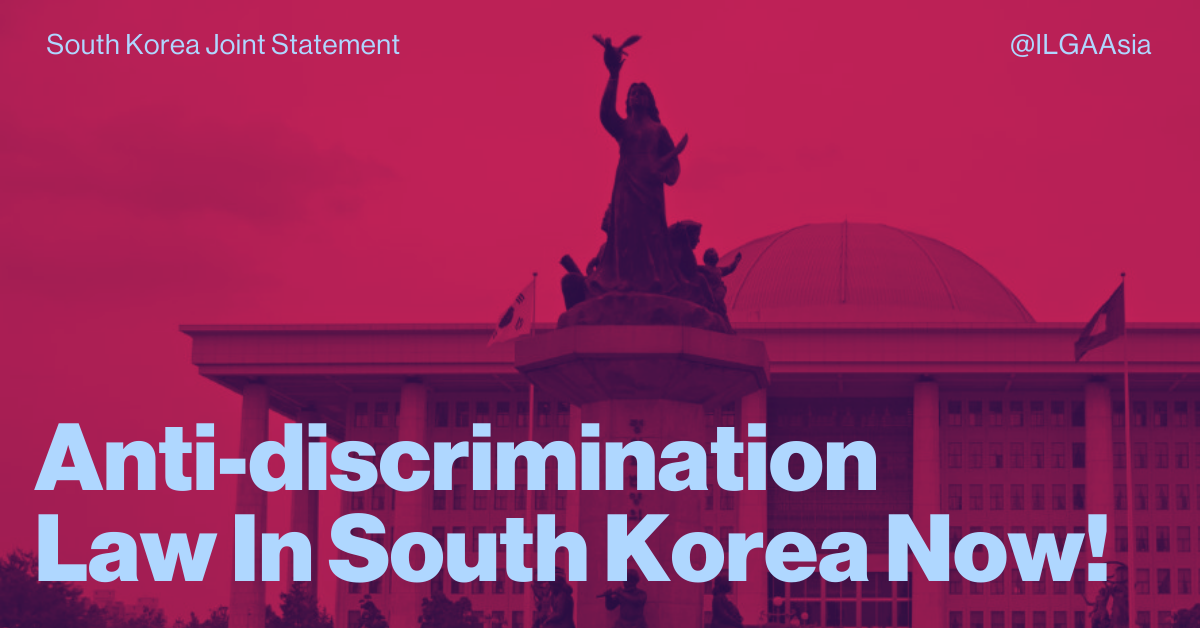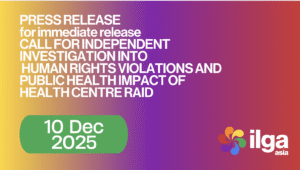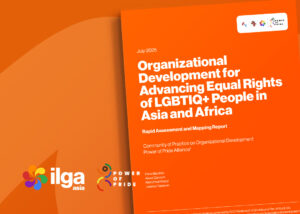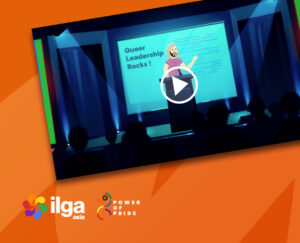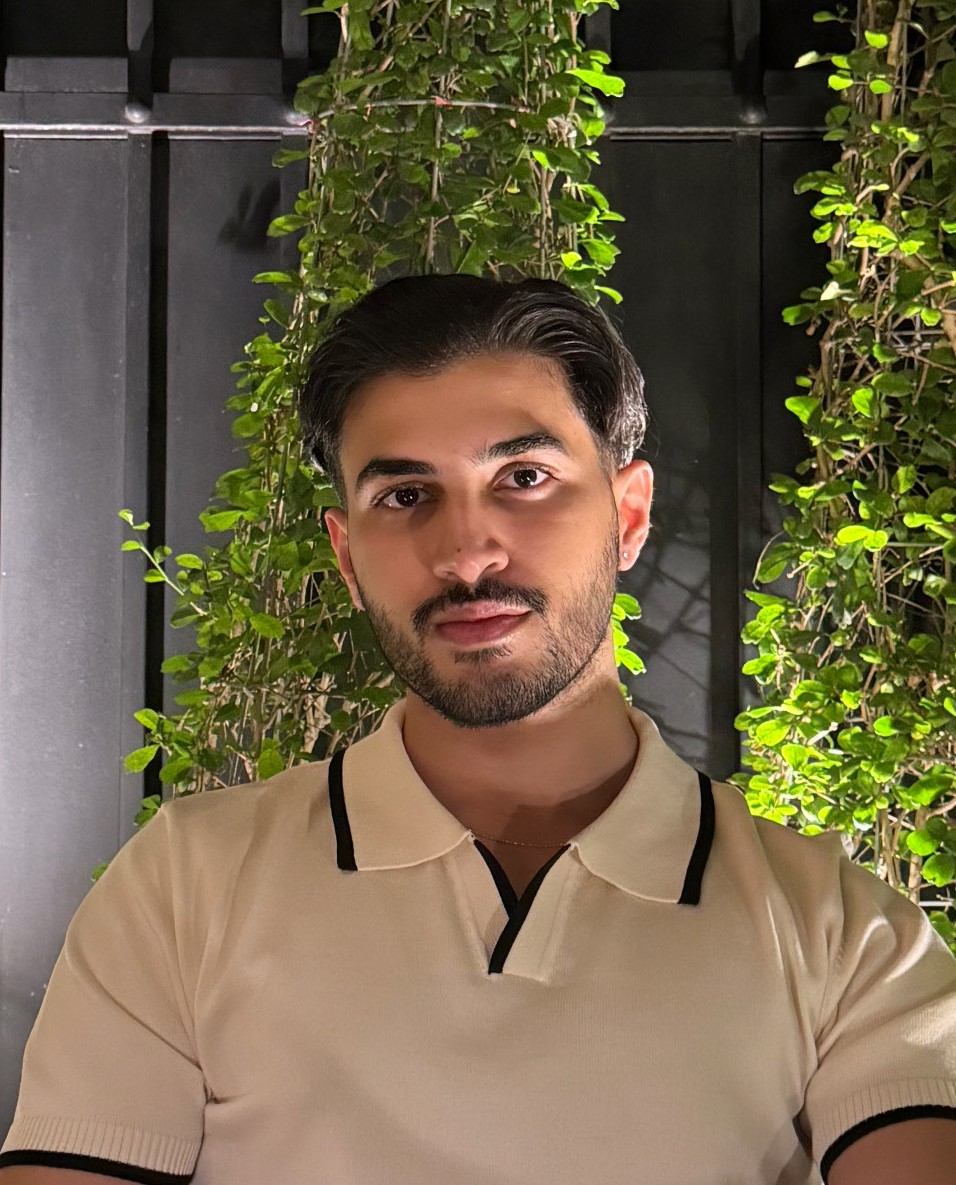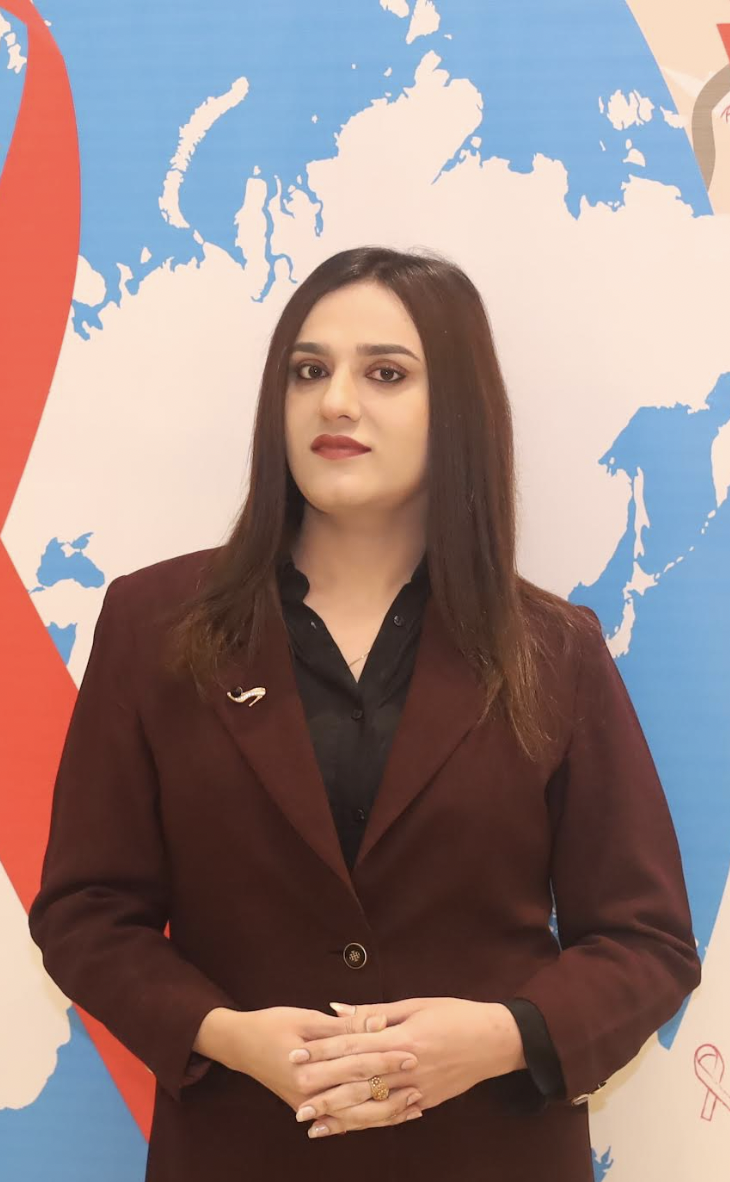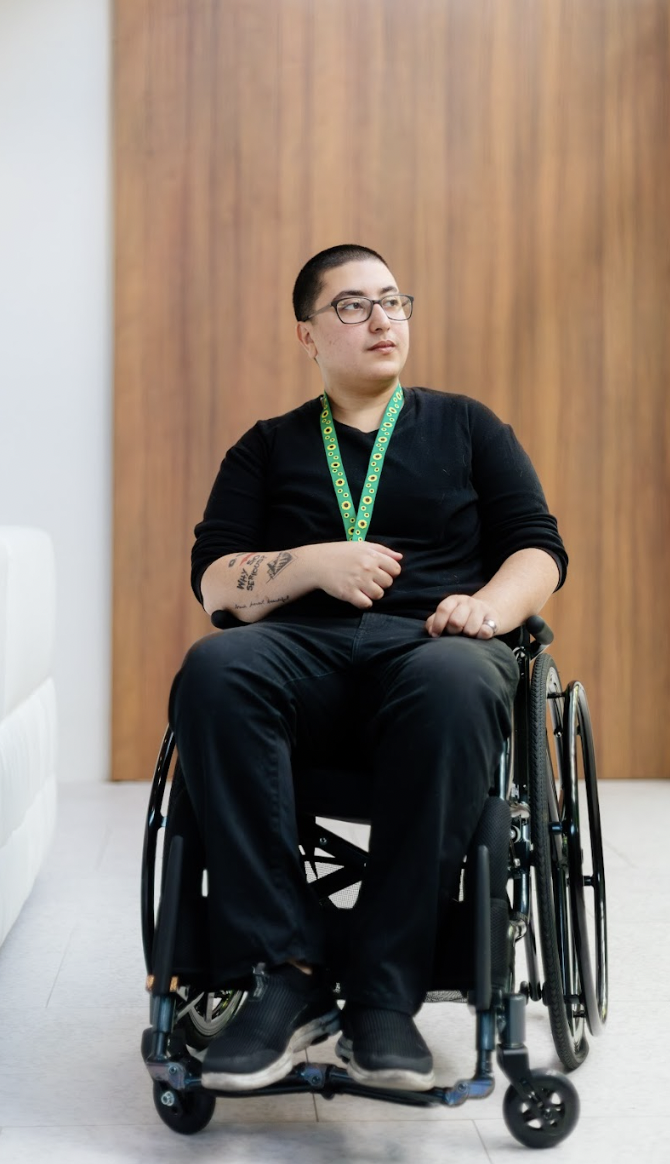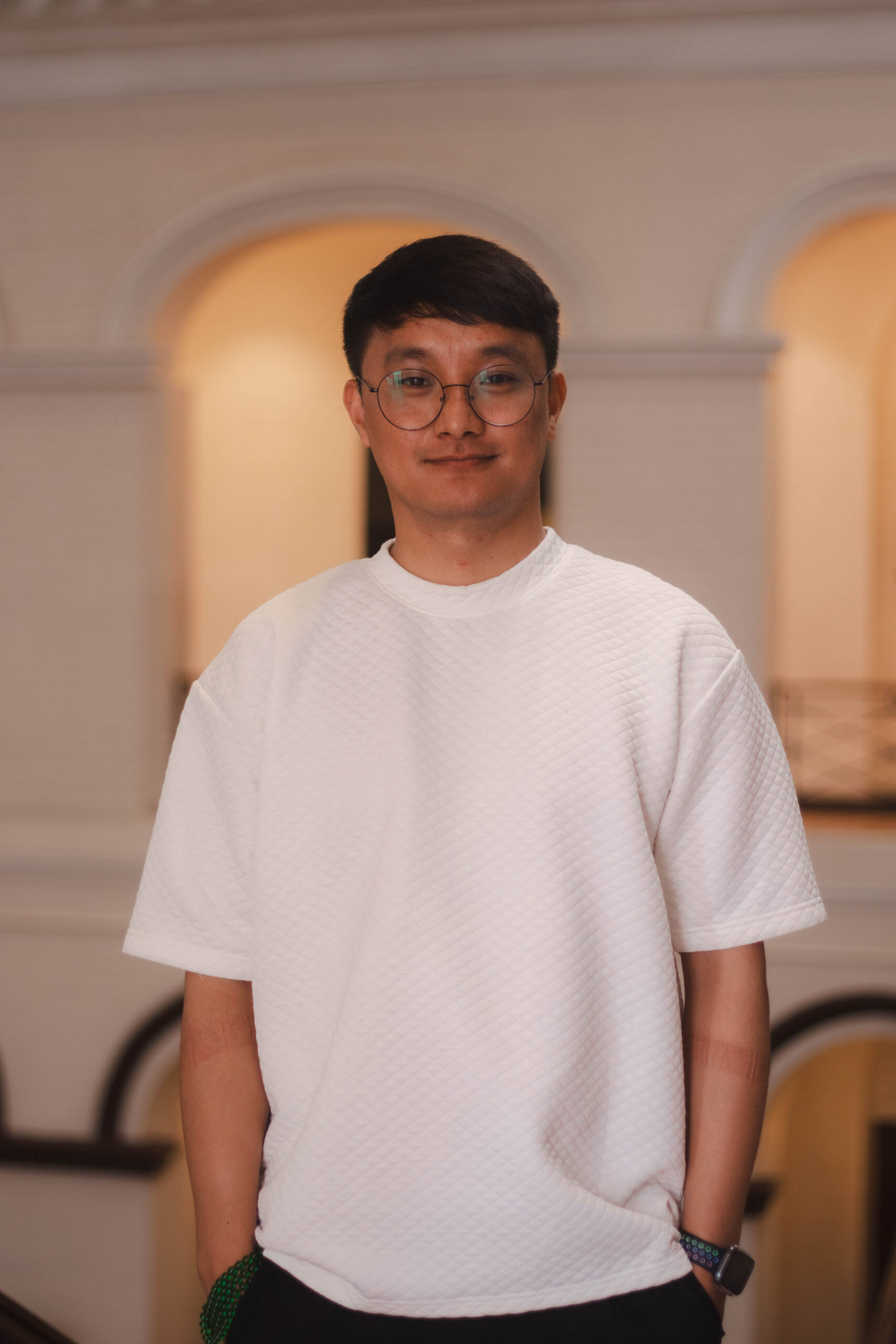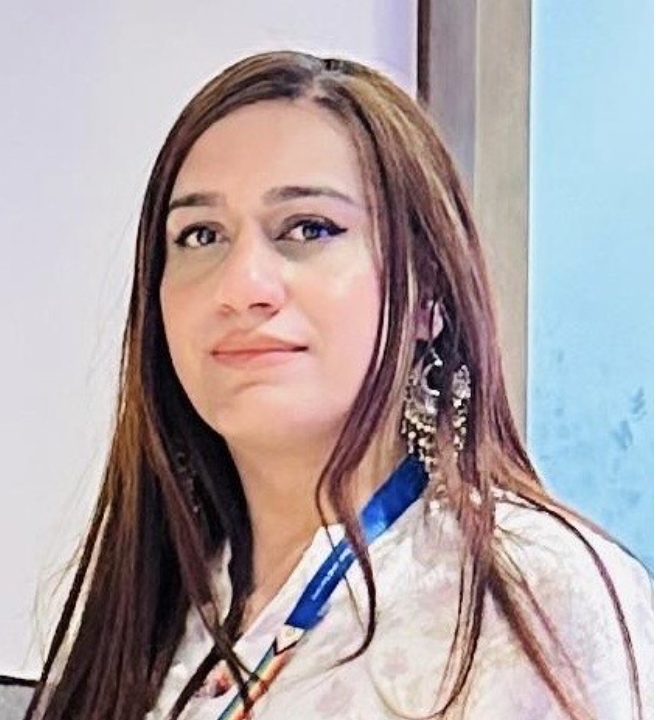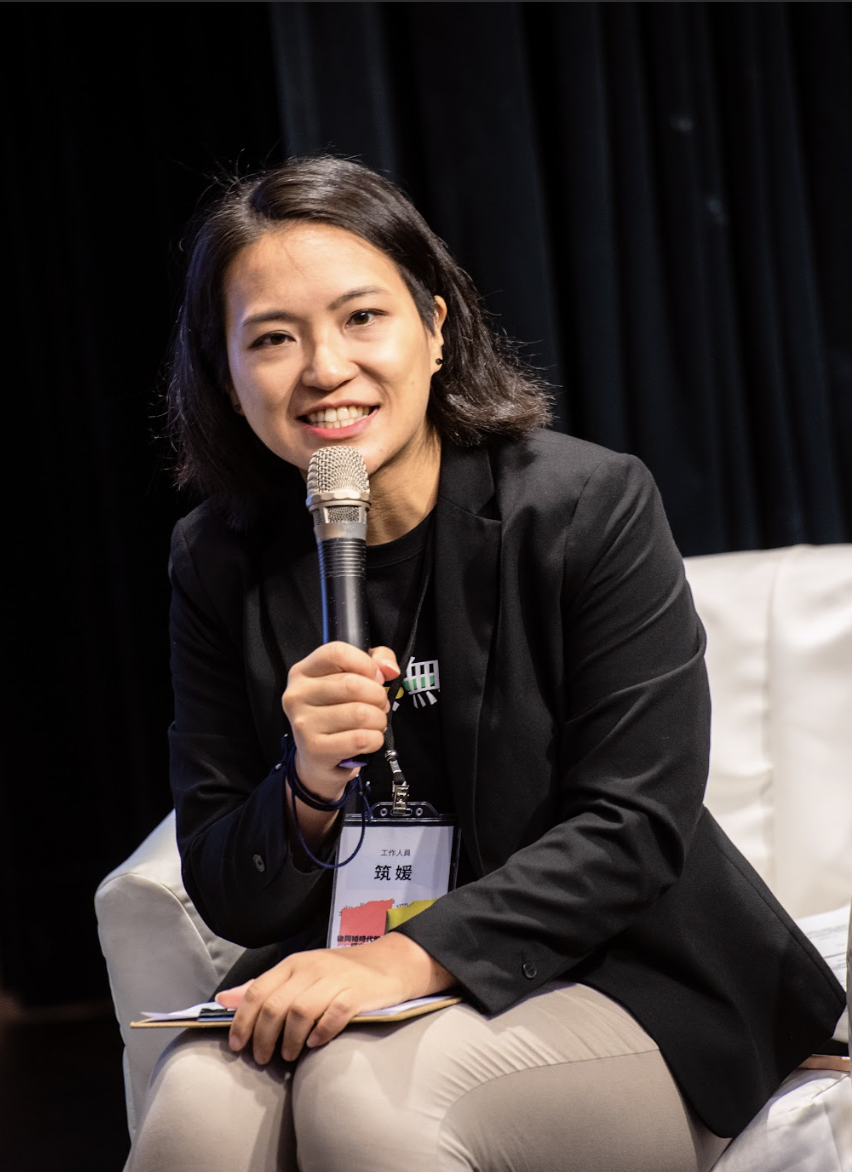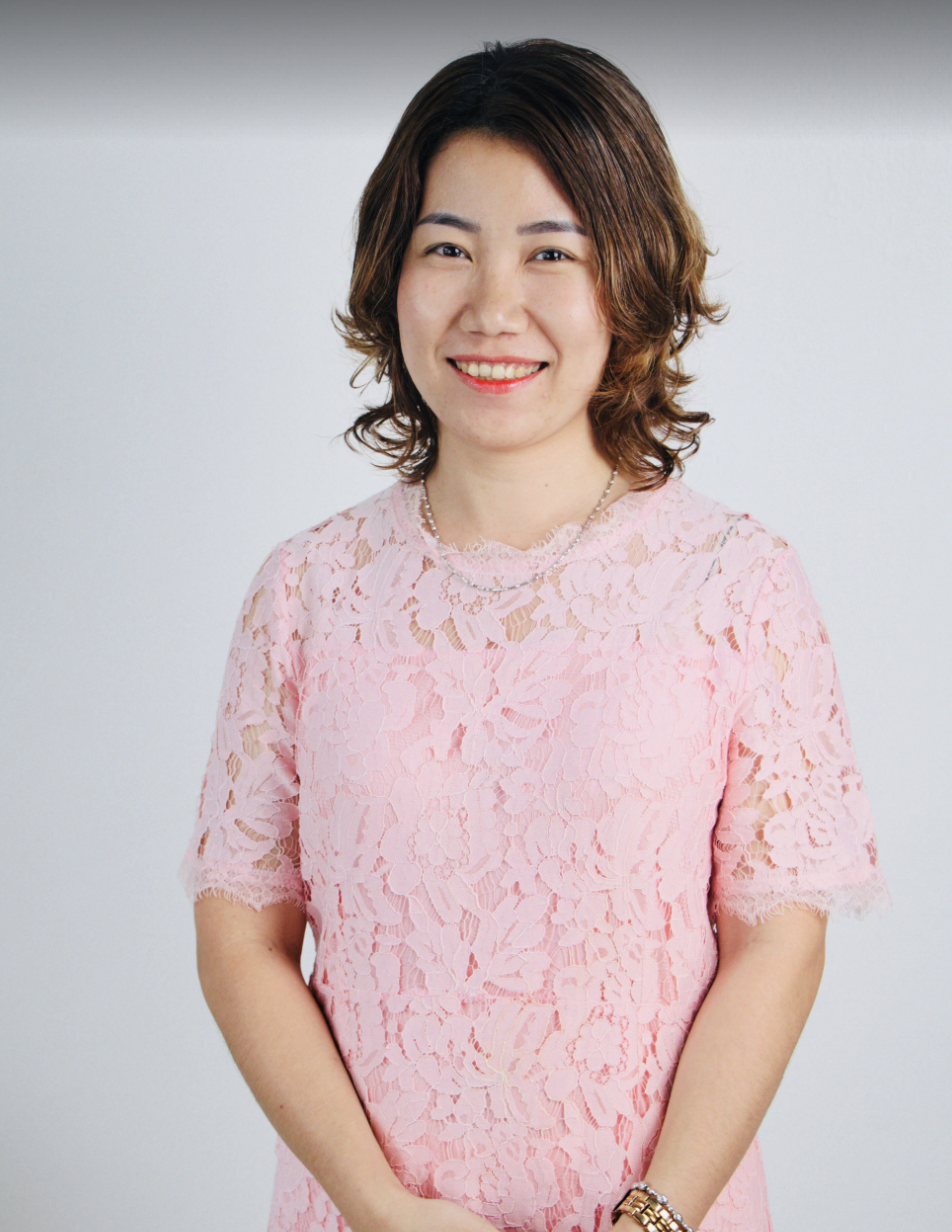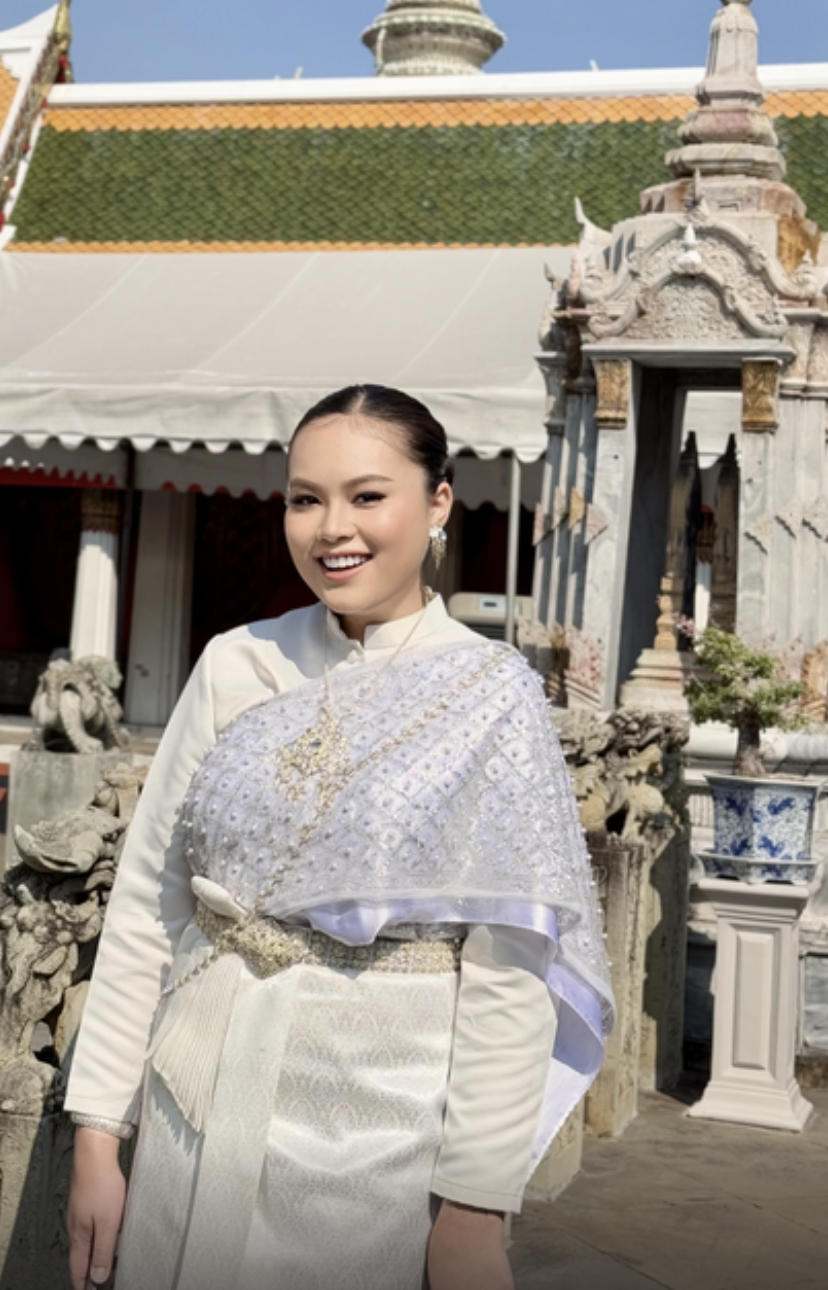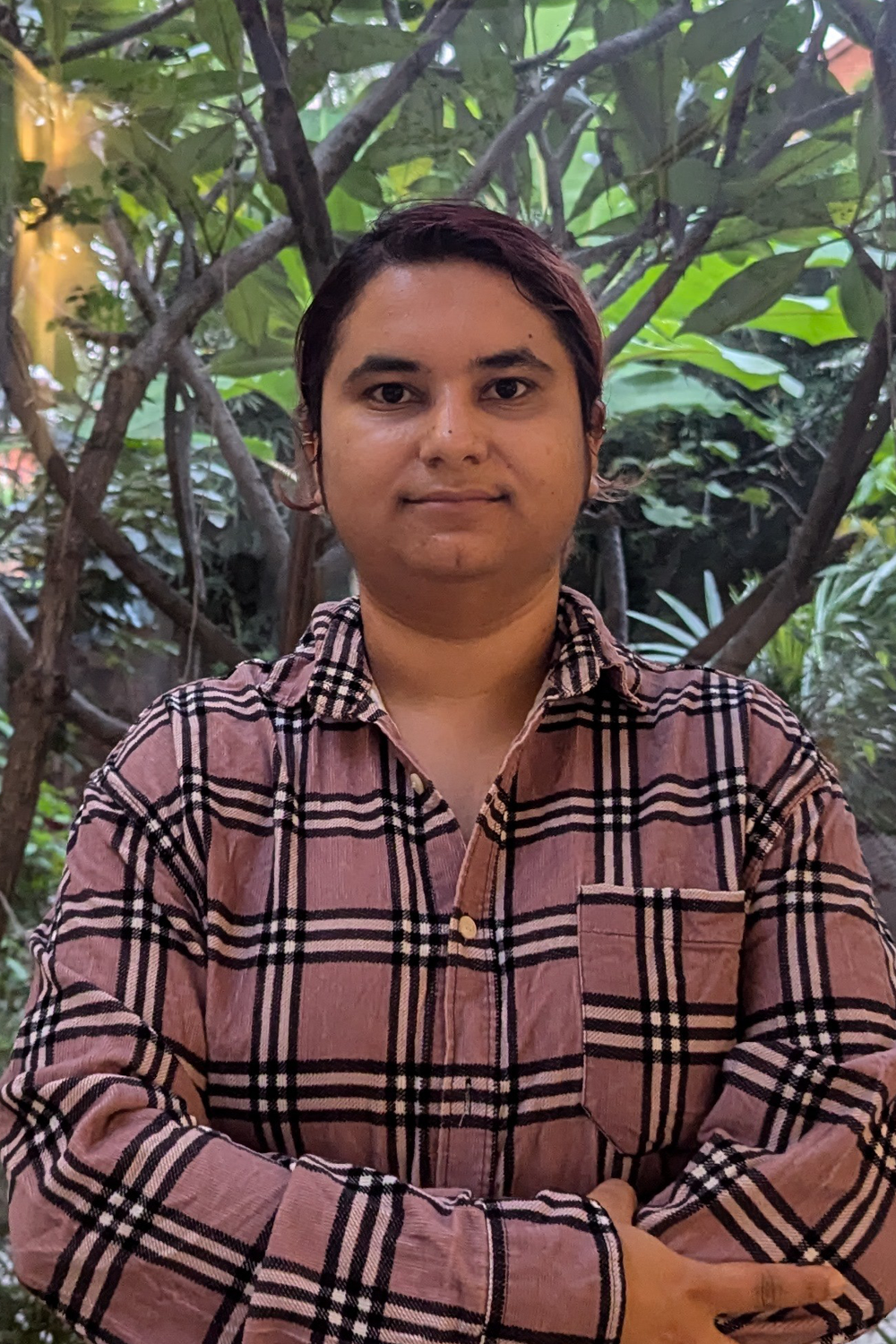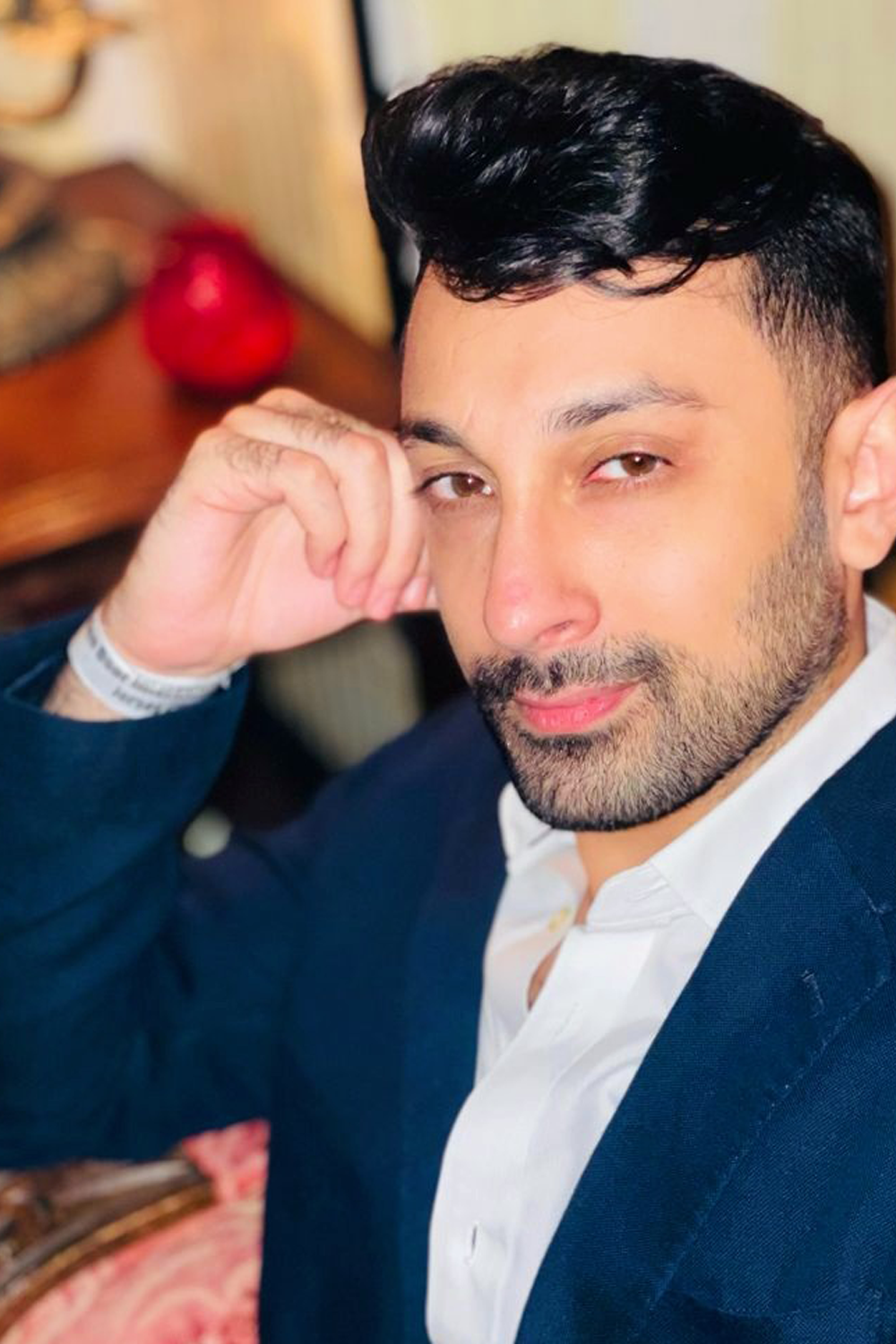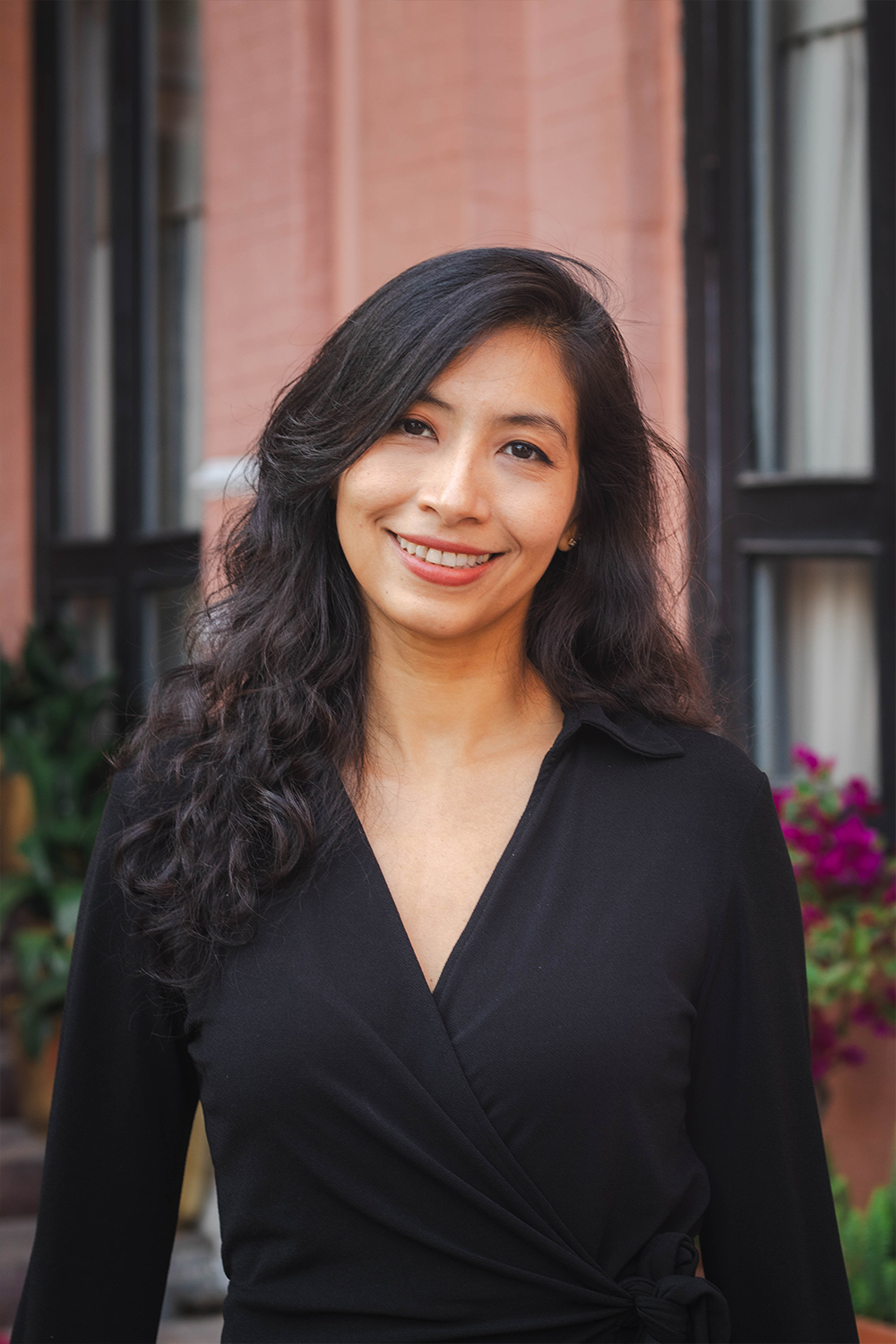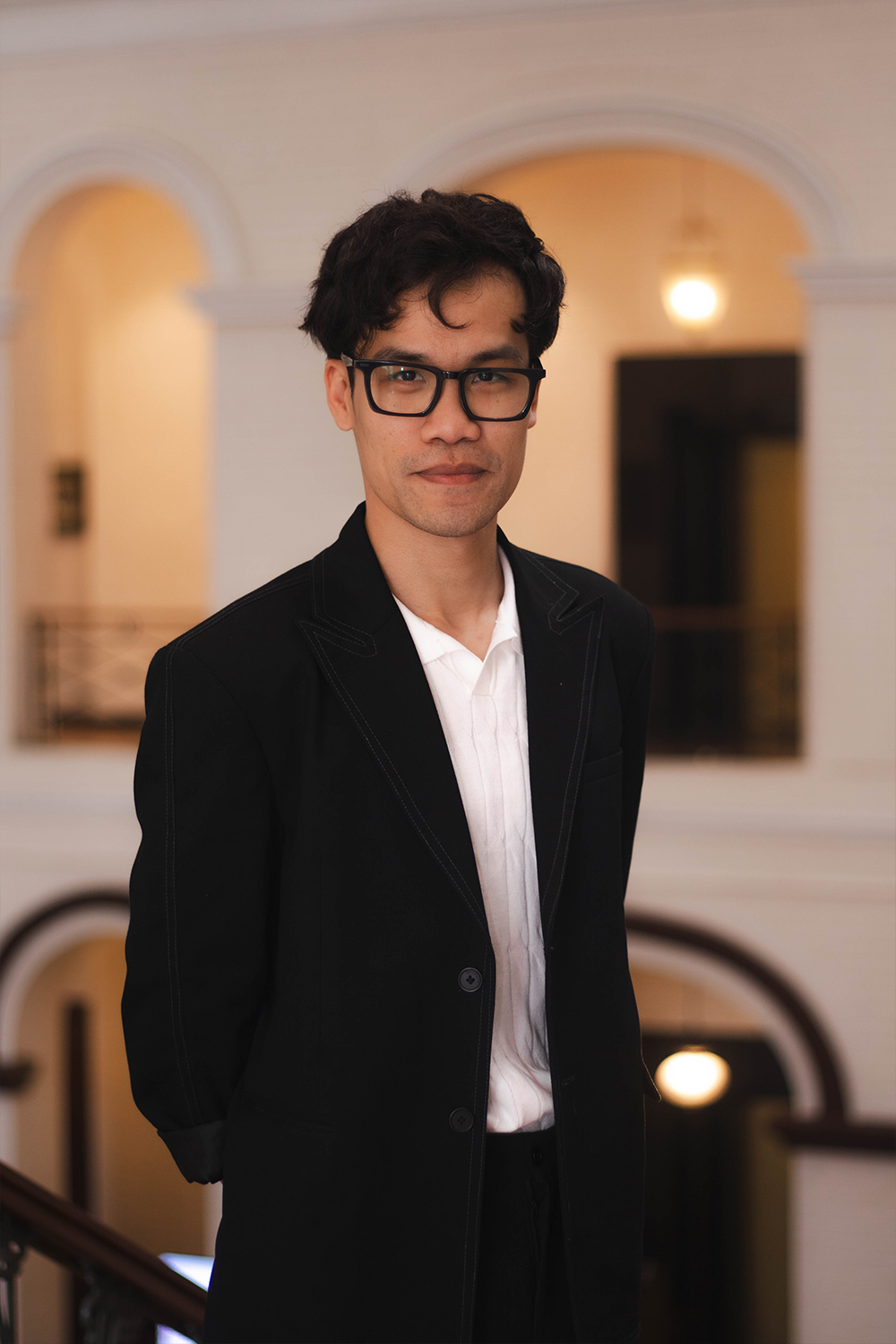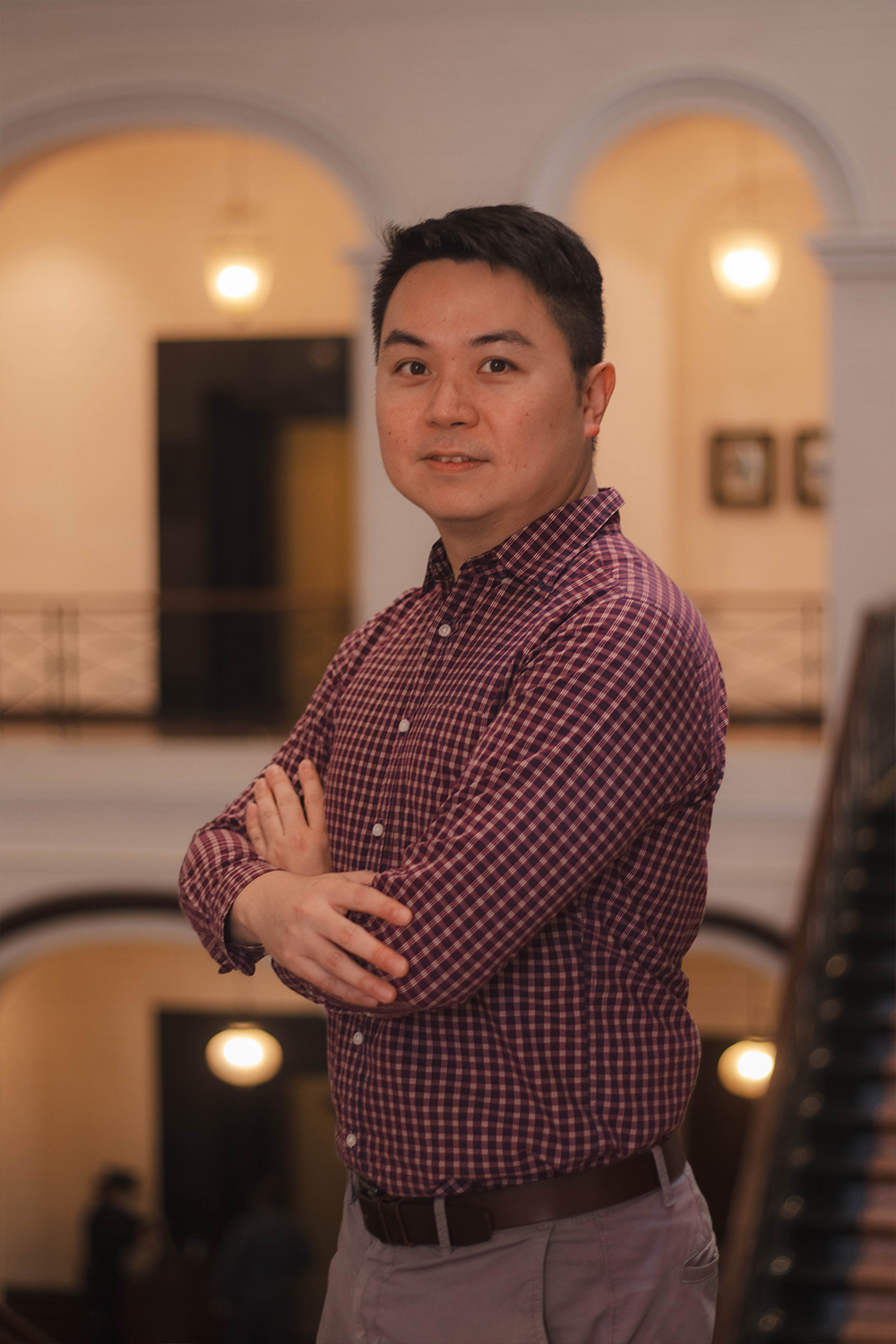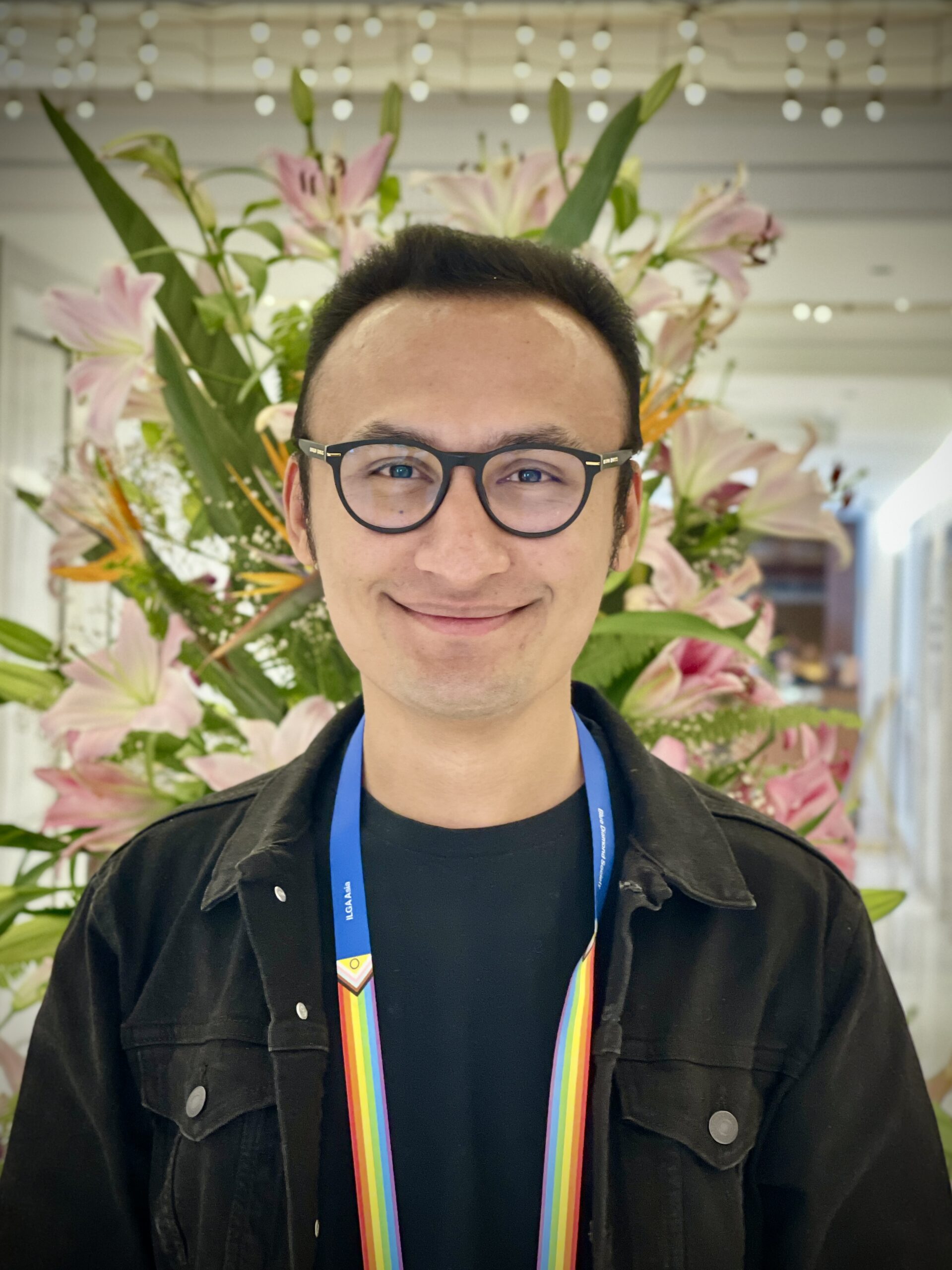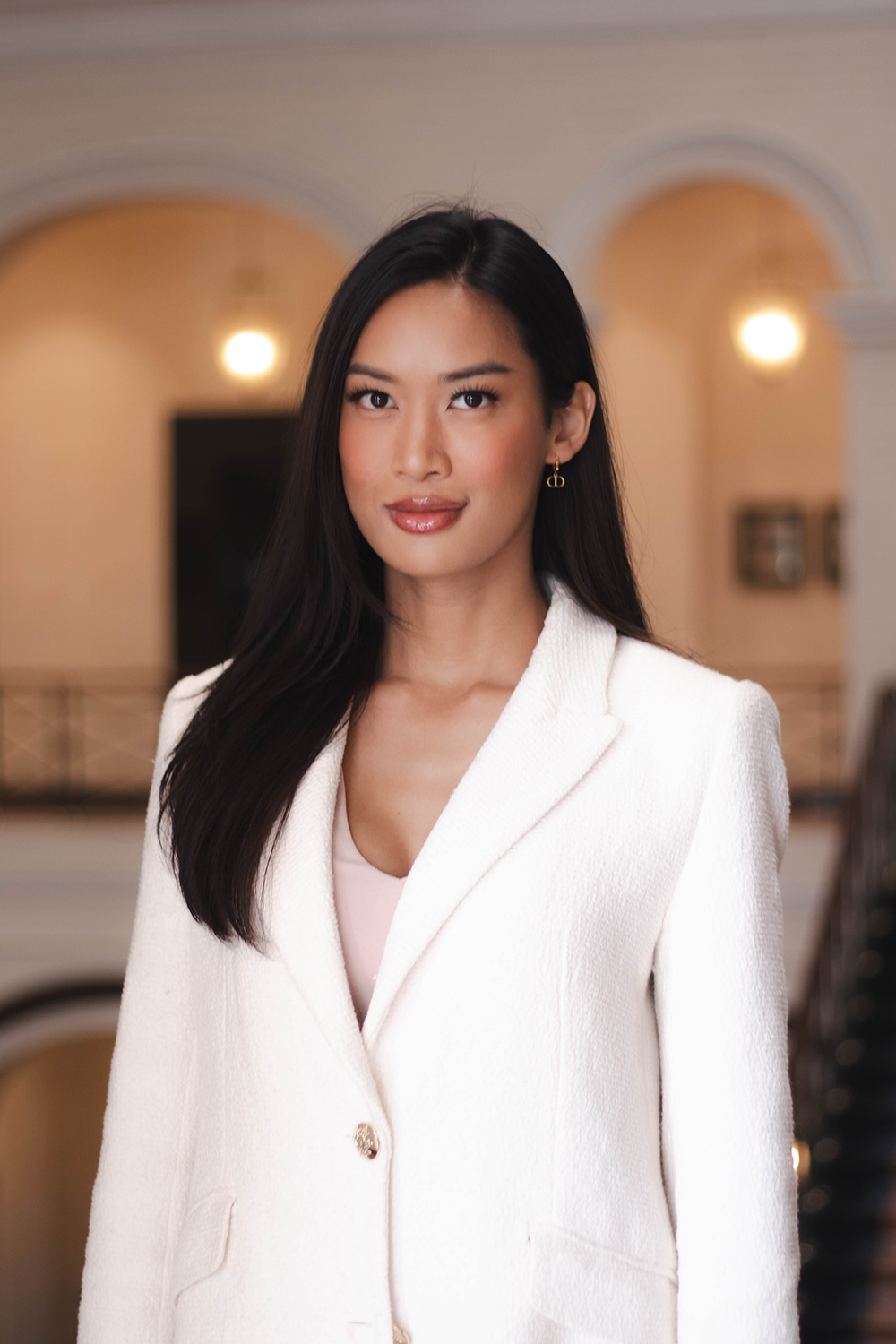December 20, 2021
National Assembly of the Republic of Korea
1 Uisadang-daero, Yeongdeungpo-gu, Seoul 07233
Republic of Korea
Re: Protect marginalized groups in South Korea
Dear members of the Legislation and Judiciary Committee and other members of the National Assembly of the Republic of Korea:
On behalf of the 30 signatory organizations to this letter, we are writing to urge you to immediately pass a comprehensive anti-discrimination law in the Republic of Korea (South Korea), which would meaningfully address pervasive discrimination against marginalized groups in the country.
Over the past 15 years, United Nations mechanisms have repeatedly expressed concern about discrimination in South Korea. The UN Human Rights Committee, Committee on Economic, Social and Cultural Rights, Committee on the Elimination of Racial Discrimination, Committee on the Elimination of Discrimination against Women, and Committee on the Rights of the Child have all specifically urged the government to adopt comprehensive anti-discrimination legislation.[1] States have also urged South Korea to adopt comprehensive anti-discrimination legislation throughout the three cycles of its Universal Periodic Review, which South Korea accepted several times in 2008, 2013, and 2018.[2]
While patchwork protections exist for some marginalized groups, a comprehensive bill would make them more cohesive and effective, and would cover other groups as well. Recent proposals would prohibit discrimination based on “gender, disability, medical history, age, origin, ethnicity, race, skin colour, physical condition, marital status, sexual orientation, and gender identity.”[3] Explicit protections are urgently needed, as existing frameworks are failing to prevent discrimination and provide redress.
South Korea lags globally in protecting the rights of women and girls. Traditional patriarchal values remain deeply embedded in society and help drive deep gender inequity. In the 2021 World Economic Forum Global Gender Gap ranking, South Korea ranked 102 out of 156 countries, with an especially large gender gap on economic participation and opportunity, where it ranked 123.[4] The country ranked 134—among the worst in the world—on the percentage of legislators, senior officials, and managers who are women, with 16 percent of these roles filled by women.[5] Less than 3 percent of board members at South Korea’s top 200 listed companies and less than 4 percent of top executives are women.[6] South Korean women do more than four times as much unpaid work as men and face a 33 percent gender pay gap.[7] Gender-based violence is unfortunately- widespread, as well as digital sex crimes.[8] In 2019, the Korea Women’s Hotline estimated that a woman was murdered every 1.8 days.[9] In a 2017 survey of 2,000 South Korean men by the Korean Institute of Criminology, nearly 80 percent of respondents reported they had committed violence against an intimate partner.[10]
Discrimination against older people in South Korea is pervasive.[11] Research by the Organisation for Economic Co-operation and Development (OECD) found that over 40 percent of older people in South Korea live in relative poverty, the highest rate among OECD countries.[12] In a 2018 survey of 1000 older people by the National Human Rights Commission of Korea, 59 percent of respondents said they had difficulty finding jobs because of age restrictions, while 44 percent said they had experienced ageism in their workplaces.[13] A 2020 report by the Korea Elder Protection Agency of the Ministry of Health and Welfare said the cases of abuse against older people increased from 2,674 in 2009 to 6,259 in 2020.[14]
Discrimination against people with disabilities is widespread. Children with disabilities, for example, can face significant difficulties obtaining an education.[15]
Discrimination based on race, origin, and ethnicity has also been a pervasive concern in South Korea. A 2020 survey from the National Human Rights Commission of Korea found that nearly 70 percent of foreign residents had experienced racial discrimination, with nearly 40 percent facing workplace discrimination and nearly 30 percent being refused a job.[16] North Koreans living in South Korea also face discrimination in accessing education, accommodation, and employment opportunities.[17]
Discrimination based on origin is also evident in the education law itself.[18] All Korean citizen children have a right to nine years of compulsory education, consisting of six years of elementary education and three of secondary education.[19] Although migrant children may have the right to attend school, they do not benefit from compulsory education. Under the UN Convention on the Rights of the Child, however, all children, regardless of national origin, have a right to free and compulsory primary education, and access to all other education, including further compulsory education, on a non-discriminatory basis.
South Korea has not adopted protections against discrimination based on sexual orientation and gender identity, leaving gay, lesbian, bisexual, and transgender (LGBT) people at particular risk. LGBT people are highly vulnerable to being fired, evicted, or subjected to other forms of harassment. LGBT children experience severe isolation and mistreatment in schools.[20] In recent years, LGBT parades and festivals have been targeted with intimidation and violence, and anti-LGBT sentiment surged last year in the wake of a Covid-19 outbreak.[21]
Lawmakers in South Korea have introduced comprehensive antidiscrimination legislation 11 times since 2007, but these bills have not been a priority for lawmakers despite wide support by majority of South Koreans. In 2020, 89 percent of those surveyed by the National Human Rights Commission of Korea supported the enactment of an anti-discrimination law.[22] In 2021, 100,000 citizens petitioned the National Assembly to enact an anti-discrimination law, and the Legislation and Judiciary Committee was obligated to review that petition by November 10, 2021.[23] However, on November 10, the Legislation and Judiciary Committee announced it extended the review period until the end of the parliamentary sitting on May 29, 2024.[24]
On November 25, President Moon Jae-in called for South Korea to align its standards to international law and protect the human rights of all marginalized groups.[25] We are aware the regular legislative session of the National Assembly ended on December 10, but the National Assembly will hold an extra temporary session from December 13, 2021, to January 10, 2022. You have a crucial opportunity to support President Moon’s call, and respond to recommendations from within South Korea and from the international community to pass a law that would preemptively protect all marginalized minorities from discrimination as well as create systems to protect them if victimized.
We strongly urge you to pass comprehensive anti-discrimination legislation within this legislative session to support these long-overdue protections to safeguard the rights of all South Koreans and bring South Korea in line with its human rights obligations.
Sincerely yours,
Advocacy for Principled Action in Government
African Observatory for Public Freedoms and Fundamental Rights
Amnesty International Korea
Cadal
CIVICUS
Equinox Initiative for Racial Justice
European Network Against Racism
FIDH – International Federation for Human Rights.
Forum Asia
Hall & Prior Health and Aged Care Group
Han Voice
HelpAge International
Human Rights Watch
Human Rights Without Frontiers
ILGA Asia
Imagine Africa Institute
International Coalition to Stop Crimes against Humanity in North Korea
International Federation on Ageing
International Longevity Centre Canada
International Movement Against All Forms of Discrimination and Racism
International Network for the Prevention of Elder Abuse
Minority Rights Group International
Network for North Korean Democracy and Human Rights
Open North Korea
Organization for Identity and Cultural Development
Oyu Tolgoi Watch
Rivers without Boundaries Coalition
Southern African Centre for the Constructive Resolution of Disputes
Transitional Justice Working Group
Unification Academy
References
[1] UN Human Rights Committee, UN Doc. CCPR/C/KOR/CO/4, December 3, 2015, paras. 12-13; UN Committee on Economic, Social and Cultural Rights, UN Doc. E/C.12/KOR/CO/3, December 17, 2009, para. 9; UN Committee on Economic, Social and Cultural Rights, UN Doc. E/C.12/KOR/CO/4, October 19, 2017, paras. 22-23; UN Committee on the Elimination of Racial Discrimination, UN Doc. CERD/C/KOR/CO/14, August 17, 2007, paras. 10-11, 13; UN Committee on the Elimination of Racial Discrimination, UN Doc. CERD/C/KOR/CO/15-16, October 23, 2012, paras. 6-7; UN Committee on the Elimination of Racial Discrimination, UN Doc. CERD/C/KOR/CO/17-19, January 10, 2019, paras. 5-6; UN Committee on the Elimination of Discrimination Against Women, UN Doc. CEDAW/C/KOR/CO/7, August 1, 2011, paras. 14-15; UN Committee on the Elimination of Discrimination Against Women, UN Doc. CEDAW/C/KOR/CO/8, March 14, 2018, paras. 12-13; UN Committee on the Rights of the Child, UN Doc. CRC/C/KOR/CO/3-4, February 2, 2012, paras. 28-29; UN Committee on the Rights of the Child, UN Doc. CRC/C/KOR/CO/5-6, October 24, 2019, paras. 16-17.
[2] Human Rights Council, UN Doc. A/HRC/37/11, December 27, 2017; HRC, UN Doc. A/HRC/22/10, December 12, 2012; HRC, UN Doc. A/HRC/8/40, May 29, 2008; HRC, UN Doc. A/HRC/37.11/Add.1, February 28, 2018; HRC, UN Doc. A/HRC/22/10/Add.1, January 16, 2013; HRC, UN Doc. A/HRC/8/40/Add.1, August 25, 2008.
[3] “Hecklers Outnumber Gay-Festival-Goers in South Korea,” Economist, September 7, 2019, https://www.economist.com/asia/2019/09/05/hecklers-outnumber-gay-festival-goers-in-south-korea (accessed December 13, 2021); Shin Ji-hye, “Debate on Anti-Discrimination Law Gains Momentum,” Korea Herald, June 20, 2021, http://www.koreaherald.com/view.php?ud=20210620000168 (accessed December 13, 2021).
[4] Global Gender Gap Report 2021, World Economic Forum, http://www3.weforum.org/docs/WEF_GGGR_2021.pdf (accessed October 20, 2021), pp. 10, 18, 241.
[5] Ibid., p. 209.
[6] Song Chae Kyung-wha, “Female Board Members Comprise Only 2.7% of Executive Directors at Top 200 S. Korean Companies,” Hankyoreh, March 15, 2020, http://english.hani.co.kr/arti/english_edition/e_business/932611.html (accessed October 20, 2021); Gyung-hwa Song, “S. Korean Women Comprise 3.6% of Top Corporate Executives,” Hankyoreh, October 30, 2019, http://english.hani.co.kr/arti/english_edition/e_business/915170.html (accessed October 20, 2021).
[7] Global Gender Gap Report 2021, p. 241.
[8] Human Rights Watch, “My Life is Not Your Porn”: Digital Sex Crimes in South Korea, June 16, 2021, https://www.hrw.org/report/2021/06/16/my-life-not-your-porn/digital-sex-crimes-south-korea.
[9] Olivia Schieber, “South Korea Needs to Contend With Sexual Violence,” Foreign Policy, August 10, 2020, https://foreignpolicy.com/2020/08/10/south-korea-needs-to-contend-with-sexual-violence/ (accessed October 20, 2021).
[10] Nicola Smith, “Almost 80% of South Korean Men Have Abused Girlfriend, Study Claims,” The Telegraph, August 24, 2017, http://www.telegraph.co.uk/news/2017/08/24/almost-80-south-korean-men-have-abused-girlfriend-study-claims/amp/ (accessed October 20, 2021).
[11]Human Rights Watch, “Time is Running Out for South Korea to End Age Discrimination,” November 19, 2021, https://www.hrw.org/news/2021/11/19/time-running-out-south-korea-end-age-discrimination.
[12] Organisation for Economic Co-operation and Development (OECD), Pensions at a Glance 2019, https://read.oecd.org/10.1787/b6d3dcfc-en?format=pdf (accessed October 18, 2021), p. 186.
[13] National Human Rights Commission of Korea, Survey for the drafting of the Older People’s Rights General Report, uploaded 2018, https://www.humanrights.go.kr/site/inc/file/fileDownload?fileid=1068133&filename=in_BB2017112015081403361491.pdf (accessed October 19, 2021), p. 132.
[14] National Human Rights Commission of Korea, “NHRCK Chairperson’s Statement for Older Persons’ Day in Korea (October 2),” October 19, 2021, https://www.humanrights.go.kr/site/program/board/basicboard/view?menuid=002002001&pagesize=10&boardtypeid=7003&boardid=7607336 (accessed 19 October 19, 2021).
[15] You Soo-sun, “Disabled Children Struggle with Schooling,” Korea Times, August 9, 2017, https://www.koreatimes.co.kr/www/nation/2017/08/181_234459.html (accessed October 20, 2021).
[16] Ock Hyun-ju, “7 in 10 Foreign Residents Say ‘Racism Exists’ in S. Korea,” Korea Herald, March 20, 2020, http://www.koreaherald.com/view.php?ud=20200320000695 (accessed October 20, 2021).
[17] 2020 Settlement Survey of North Korean Refugees in South Korea, Korea Hana Foundation, March 2021, https://www.koreahana.or.kr/data_room/pro_data.jsp (accessed December 9, 2021).
[18] Framework Act on Education, https://elaw.klri.re.kr/eng_mobile/viewer.do?hseq=49091&type=sogan&key=2 (accessed October 20, 2021).
[19] Ibid., arts. 1 & 6.
[20] Human Rights Watch, “I Thought of Myself as Defective”: Neglecting the Rights of LGBT Youth in South Korean Schools, September 14, 2021, https://www.hrw.org/report/2021/09/14/i-thought-myself-defective/neglecting-rights-lgbt-youth-south-korean-schools
[21] Ock Hyun-ju, “Korean Media’s Focus on ‘Gay’ Club in COVID-19 Case Further Stigmatizes LGBT People,” Korea Herald, May 8, 2020, http://www.koreaherald.com/view.php?ud=20200508000751 (accessed October 20, 2021).
[22] Kim Arin, “‘Legislate Against Discrimination,’ Human Rights Body Urges Lawmakers,” Korea Herald, June 30, 2020, http://www.koreaherald.com/view.php?ud=20200630000900 (accessed October 20, 2021).
[23] Yoon So-yeon, “Calls for Anti-discrimination Law Grow, but so Does Opposition,” JoongAng Daily, July 11, 2021, https://koreajoongangdaily.joins.com/2021/07/11/culture/features/antidiscrimination-equality-law-discrimination/20210711173307144.html (accessed October 20, 2021); Human Rights Watch, Joint Statement National Assembly of South Korea act swiftly to enact anti-discrimination legislation, November 11, 2021, https://www.hrw.org/news/2021/11/11/national-assembly-south-korea-should-act-swiftly-enact-anti-discrimination.
[24] In Kyu-jin, “What is the Anti-discrimination Law? All Country Surprised,” Yonhap News Agency, November 11, 2021, https://www.yna.co.kr/view/AKR20211111148700797 (accessed December 9. 2021).
[25] Lim Hyung-sup, “South Korea Needs New Standard on Human Rights to Reflect Changing Times: Moon,” Yonhap News Agency, November 25, 2021, https://en.yna.co.kr/view/AEN20211125005500315 (accessed on December 9, 2021).
